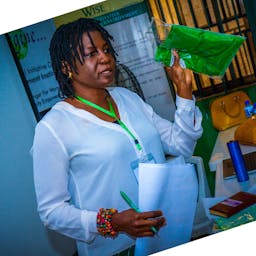Women, Land Rights and Food Security in Nigeria
Jan 21, 2015
Story
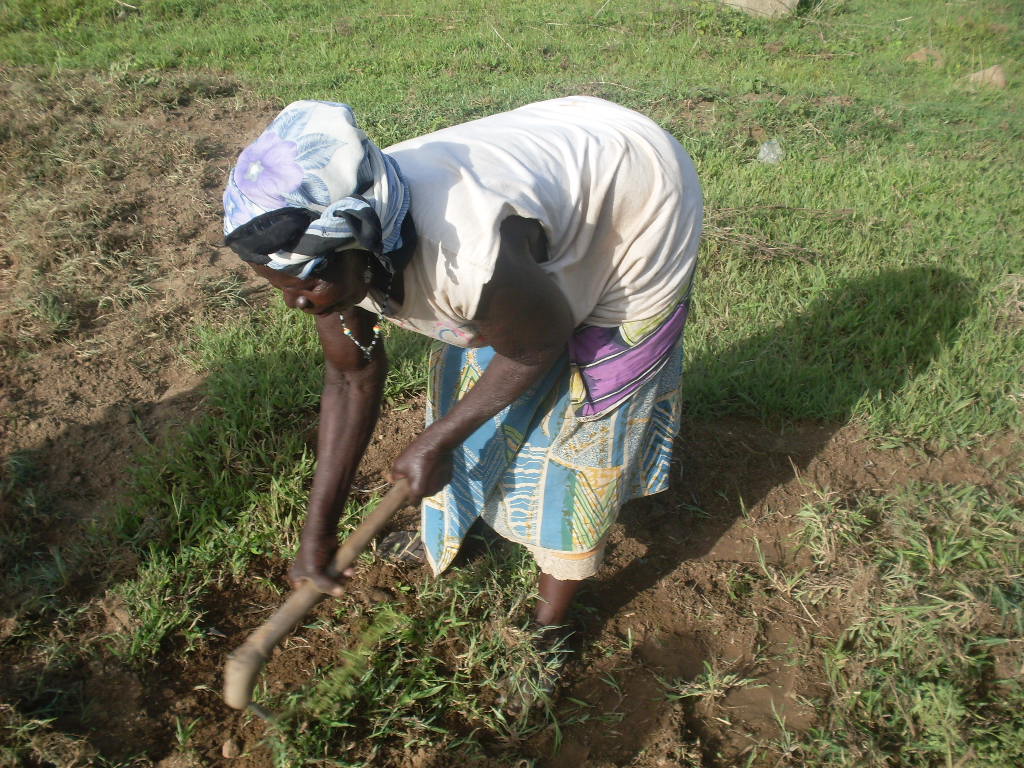
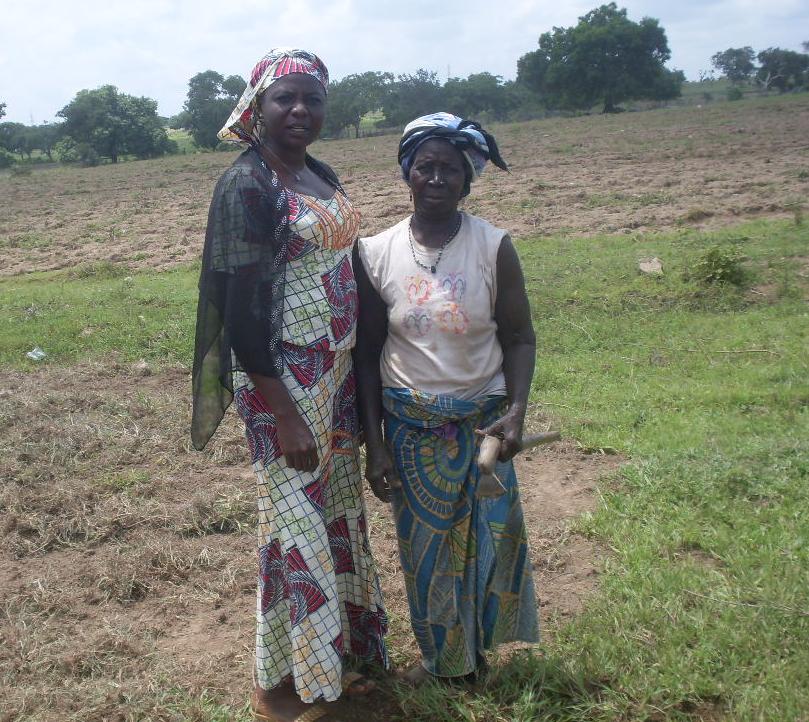
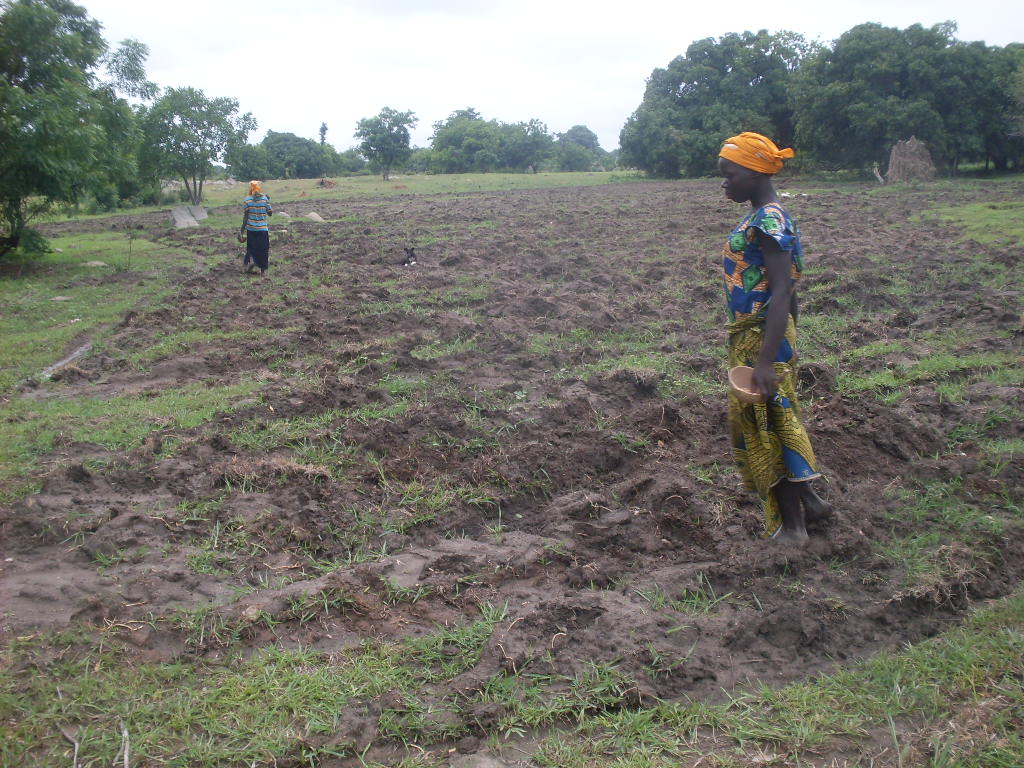
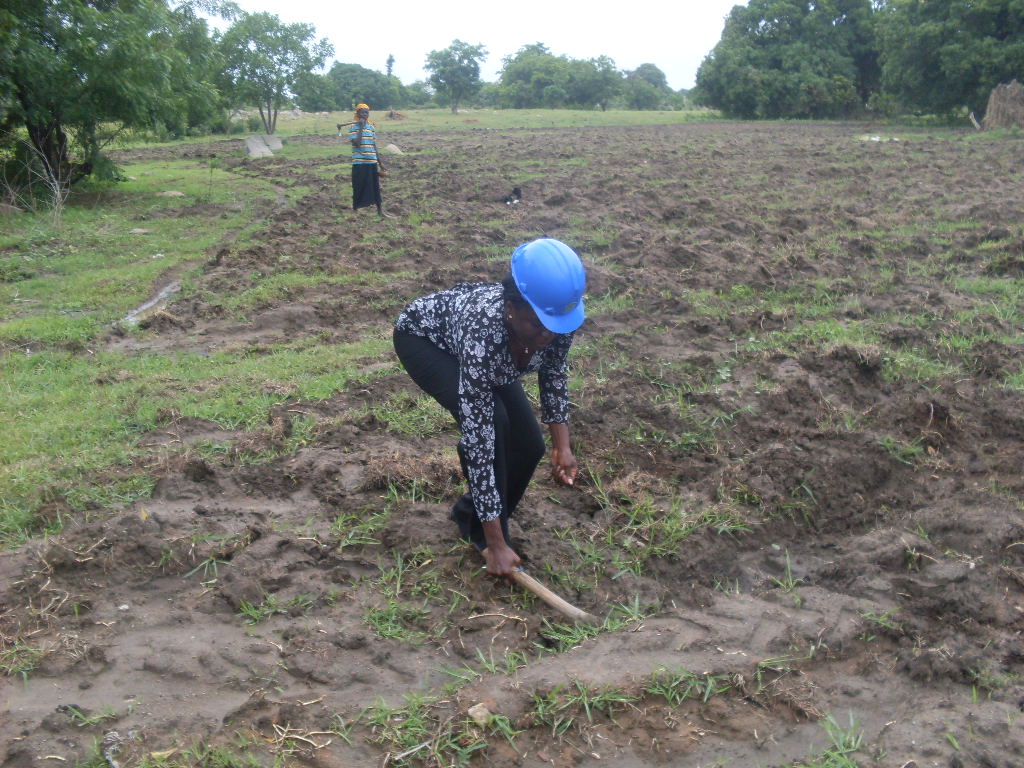
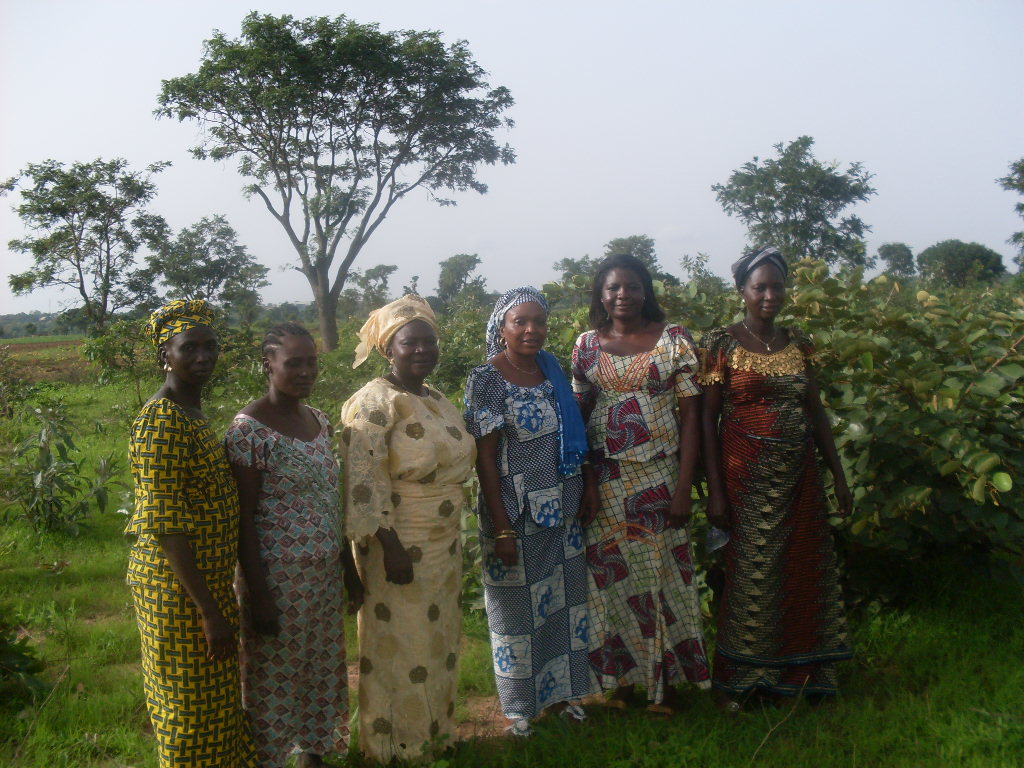
Rights to own land in many parts of the world do not favor women. Settlement, conquest, government allocation, long occupation, purchase and inheritance are more frequent ways that people come by land ownership. In Nigeria, the property and land tenure laws remain discriminatory leaving most women landless, poor and hungry. While it is difficult for women to obtain access to own land, when they are able to own land rights, it is frequently lost due to marriage, divorce, separation, widowhood and cultural beliefs. There is little wonder why it is rare to find a female head of house, or a widow who has secured land rights.
In July 2013, I visited Mrs. A. Lami’s farm which was comprised of about 15 Hectares of land in the suburbs of Kaduna Metropolis. Lami revealed that, “she had always been interested in farming, but never inherited even the smallest portion of her late father and husband’s large farmlands in the village. To contribute to the cost of food and increase her earnings for her household, she had to save money over time to purchase her right to a farmland”. How many indigenous women can afford N300, 000.00 (about $1875) at the least to buy a Hectare of farmland? I wonder.
It concerns me that women are confined by deeply entrenched cultural, socio-economic and political conditions which deny them a valuable resource; that can make them authors of their own development. Excluding direct purchase, Nigerian women’s claims to land are usually realized through the male-gender as daughters, sisters, mothers, and above all as wives. Even so, those rights are often limited to access and not ownership. “Women do much of the farm work, but have minimal say over the land and the produce” laments Helen B., a grassroots woman leader.
Land insecurity is rife among Nigerian women. According to the 2012 Gender in Nigeria report, “women own 4% of land in the North-East, and just over 10% in the South-East and South-South”. Less than 10% of Nigerian women own land due to the popular practice of patrilineal succession, where only male children can inherit. Such male dominated customs undermines the role of women, especially indigenous ones, in agricultural production; and threatens national food security and food sovereignty.
Most of the income in rural areas of Nigeria is generated from farming; and women remain the primary agricultural producers, ensuring household food security. “Rural women are solely responsible for half of the world’s food production, and in developing countries, as much as 80% of food crops”, documents Food and Agriculture Organization (FAO). Furthermore, Gupta G. R. highlighted that “half of the world’s food and in developing countries, between 60-80% of food crops are the results of growth from seeds that have been planted by a woman’s hand”.
Yet, from North to South, East to West, across continents, countries, states, counties, and communities, women and girls are denied their rights to land. An international agricultural survey conducted by the FAO found that “globally, fewer than 20% of landholders are women”. In Western, Central, Eastern and Northern Africa, and across Asia, less than 10% of landholders are women. The case of Southern Africa and parts of Latin America, however, presented a slight difference and ray of hope as women appeared to have better access to land.
I believe that prejudice over land rights is a key factor contributing to gender disparity, with devastating results- low agricultural production, food shortages, under employment, widespread poverty, food shortages, poor health and hunger, for women, their households and communities. The degree of gender bias in land rights and it’s implication for food security and sovereignty in Nigeria and globally, therefore, calls for a balanced representation of women and men in decision making over land. Women’s productivity capacity must be enhanced!
Accordingly, I am advocating the formulation and implementation of definite local, national and global policies that will ensure progressive improvement, security and protection of women’s rights to land. “When women are empowered and can claim their rights and access to land, leadership, opportunities and choices, economies grow, food security is enhanced and prospects are improved for current and future generations,” said Michelle Bachelet, Under-Secretary-General and UN Women Executive Director.
This article is part of a writing assignment for Voices of Our Future a program of World Pulse that provides rigorous digital empowerment and citizen journalism training for grassroots women leaders. World Pulse lifts and unites the voices of women from some of the most unheard regions of the world.
